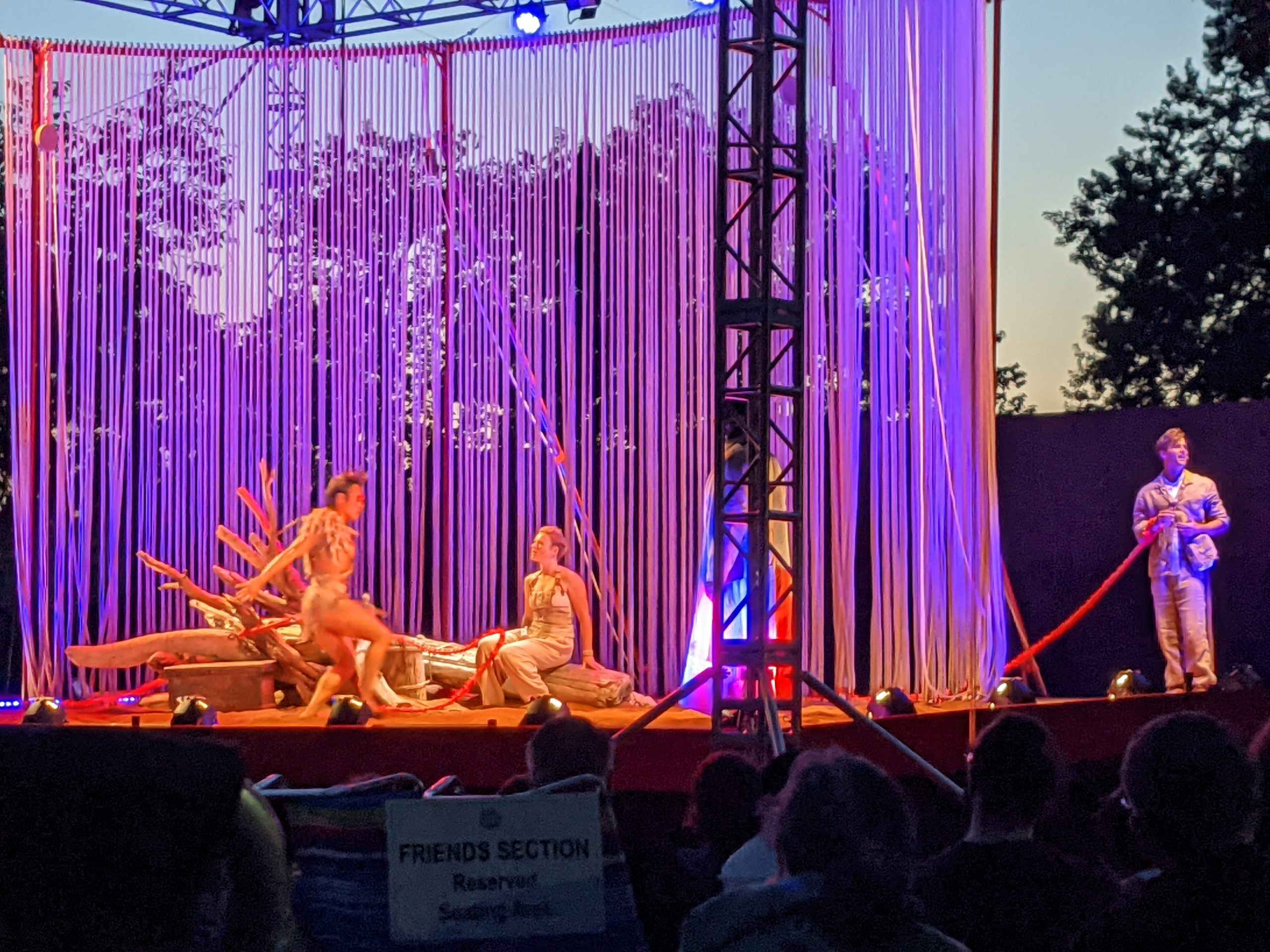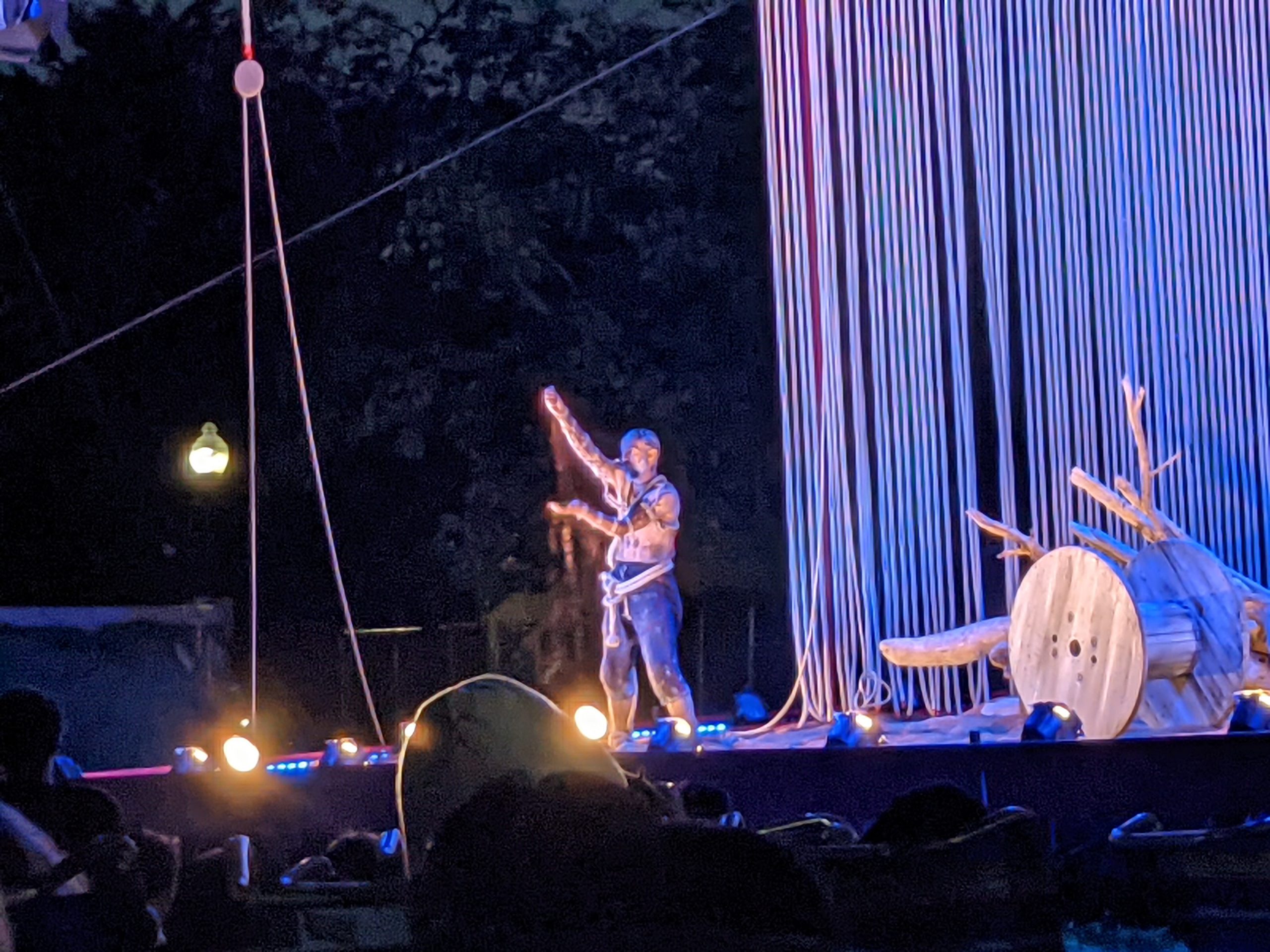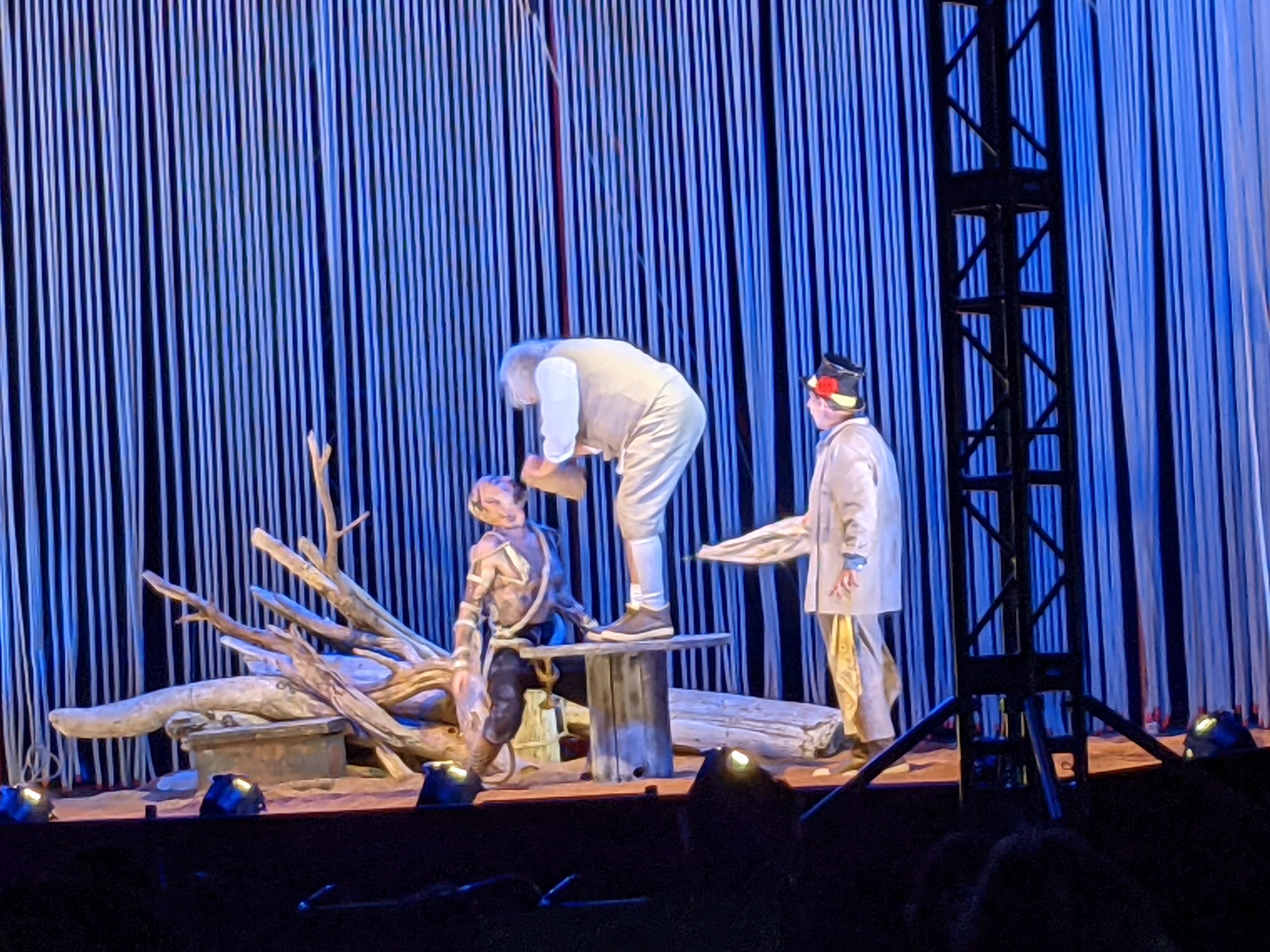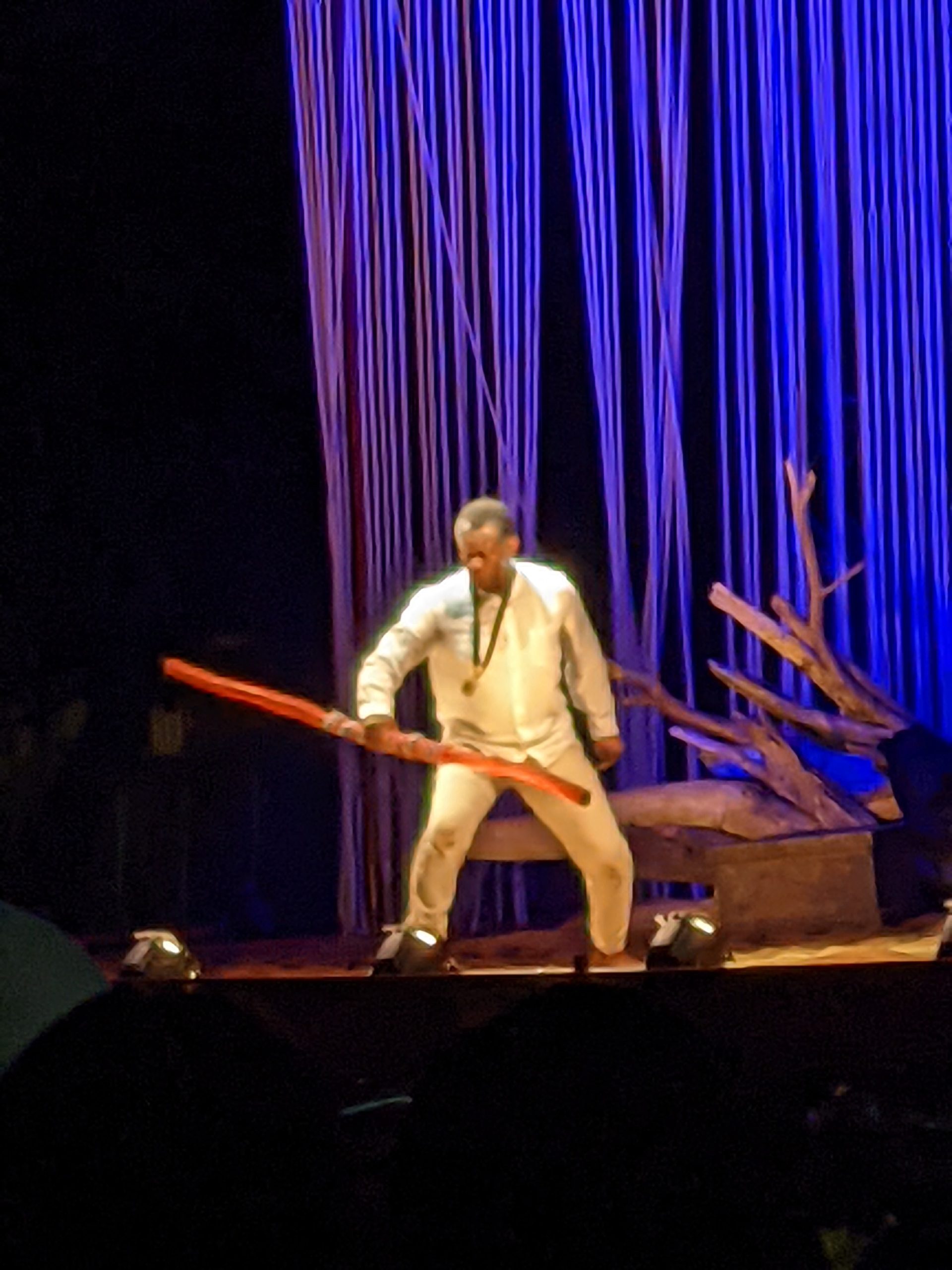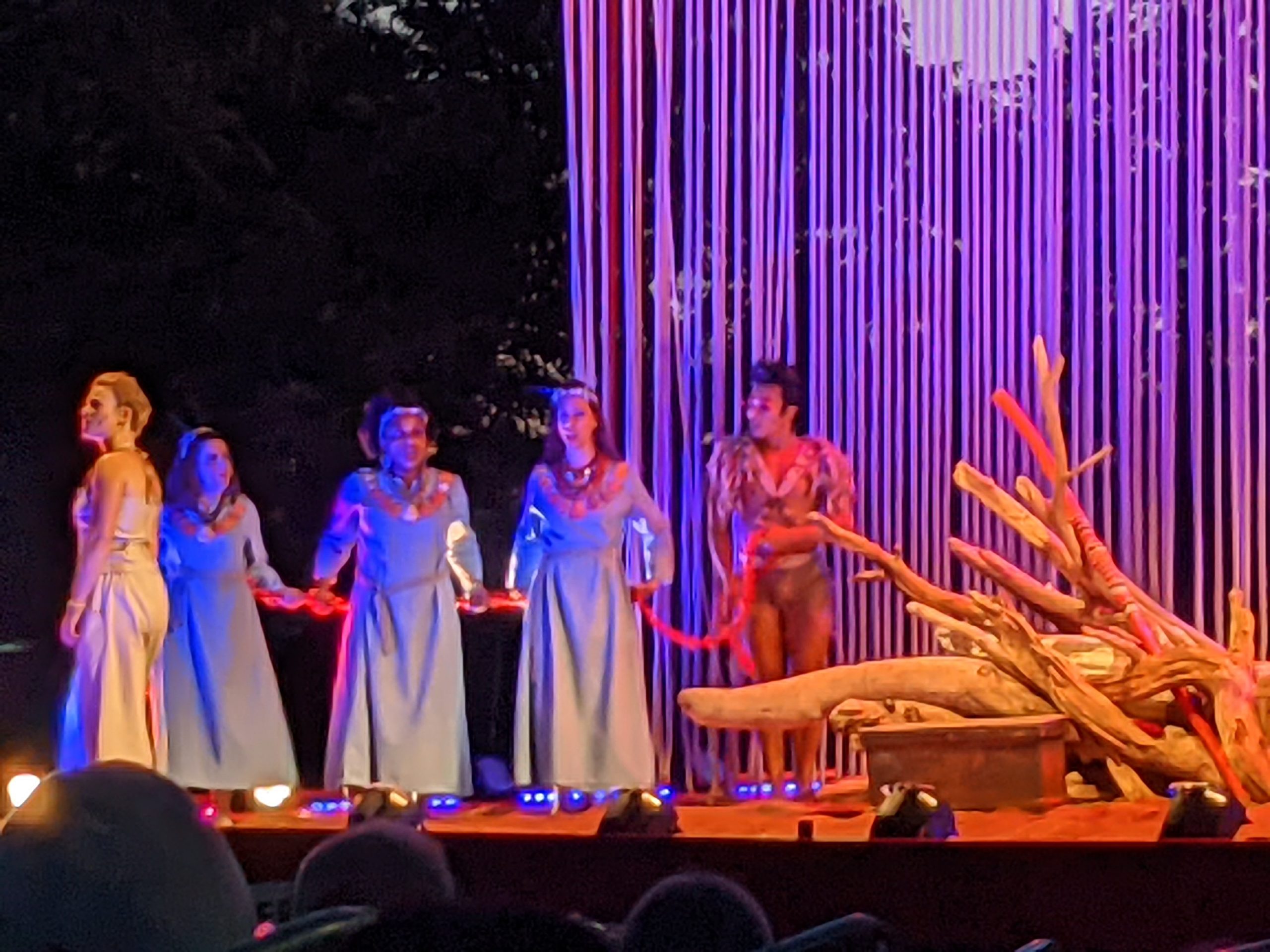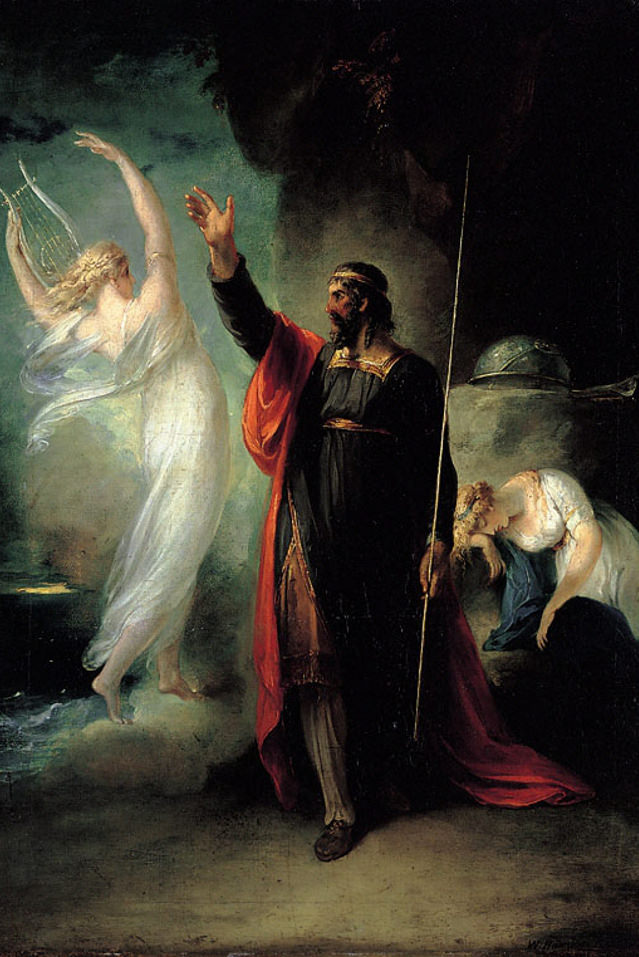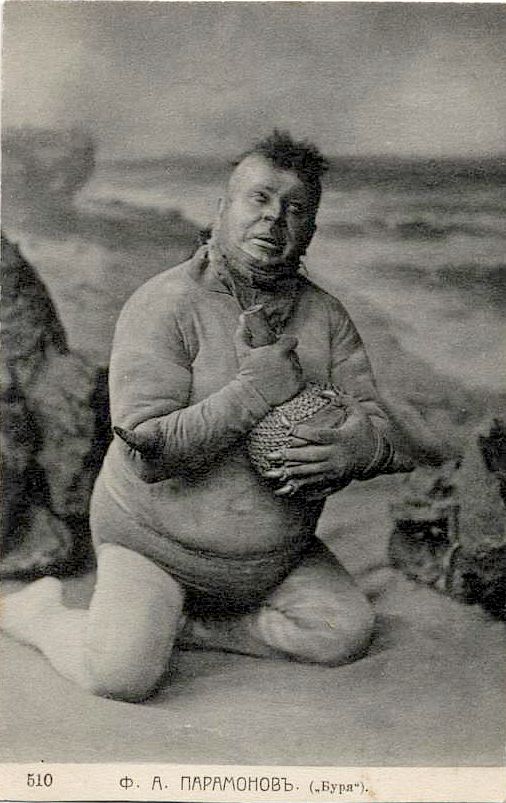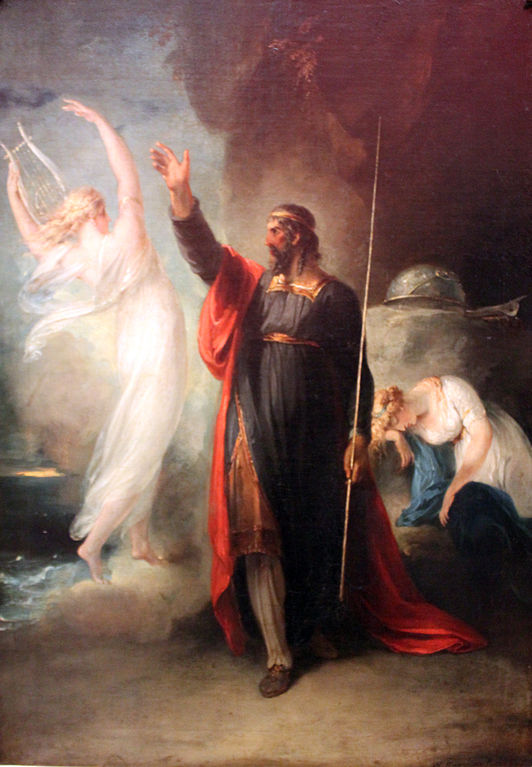I asked an AI what happens to Caliban. Specifically, all I asked was this:
Write me a mysterious but thrilling 500 word story on what happens to Caliban after Prospero and Miranda leave him alone on the island. Write it for a fifth grade reading level. One element it must include is the return of Ariel.

I didn’t play with the prompt much, I think this is literally the first iteration. I was not ready for what I got back.
Once upon a time, on a mystical island, there lived a creature named Caliban. Caliban was a strange being, half-human and half-monster, abandoned and left to wander the island by his former master, Prospero, and Prospero’s daughter, Miranda.
As the days turned into nights and the years slipped away, Caliban found solace in the beauty of the island. He roamed freely, discovering hidden caves, glistening waterfalls, and mysterious creatures that called the island their home.
One moonlit evening, as Caliban sat by the shore, gazing at the shimmering waves, a familiar voice whispered in the wind. It was Ariel, the magical spirit who had once served Prospero. Caliban’s heart skipped a beat as he turned to see Ariel hovering before him.
“Caliban,” Ariel spoke, his voice as ethereal as the breeze. “I have returned to this island to guide you on a remarkable journey. Prospero’s magic has faded, and it is time for you to uncover your own destiny.”
Caliban’s eyes widened in awe and curiosity. He eagerly agreed to follow Ariel and discover what lay ahead. Together, they embarked on a thrilling adventure, braving treacherous mountains, crossing enchanted forests, and unraveling secrets hidden deep within the island’s heart.
As they ventured deeper, they encountered ancient spirits who shared tales of forgotten magic and the power that resided within Caliban. They revealed that he possessed an extraordinary gift, a connection to the very essence of the island itself.
With each step, Caliban felt a surge of newfound confidence. He learned to harness the elements, commanding wind and water, understanding the language of the trees, and befriending the creatures that dwelled in the shadows.
As Caliban grew stronger, the island responded to his touch. Flowers bloomed brighter, animals danced with delight, and even the trees whispered their secrets to him. Caliban felt a deep sense of belonging, knowing that he was an integral part of this magical place.
One fateful day, when the sun kissed the horizon, Caliban stood atop a cliff overlooking the vast ocean. He embraced his newfound powers, calling upon the winds to rise. His voice echoed across the island as he chanted ancient incantations, commanding the ocean to reveal its secrets.
With a mighty roar, the sea complied. From its depths emerged a magnificent ship, guided by the very currents that Caliban had summoned. On the ship stood Prospero and Miranda, their eyes filled with wonder and astonishment.
Prospero’s face softened with remorse as he realized the incredible growth and strength Caliban had achieved in his absence. He approached Caliban with humility, acknowledging his former servant’s newfound power and the greatness that resided within him.
And so, Caliban and Prospero reconciled, forming a bond built on respect and understanding. Caliban chose to remain on the island, to protect its enchantment and continue his magical journey, guided by Ariel’s wisdom and the love of the island that had become his true home.
And as the ship sailed away, carrying Prospero and Miranda into the horizon, Caliban embraced his destiny. He stood tall, a guardian of the island’s magic, ready to write his own tale of mystery, adventure, and the power that lies within the heart of a forgotten soul.
Not bad! It went to “Caliban had the magic of the island in him the whole time” all by itself, and threw in a reconciliation with Prospero even though I didn’t ask for that. Sure, it doesn’t exactly map to any character development within the original, but I don’t pose these hypotheticals for accuracy, I do it for creativity. I mean, come on … the power that lies within the heart of a forgotten soul as we leave Caliban on the island? That’s pretty good stuff coming from a computer.

